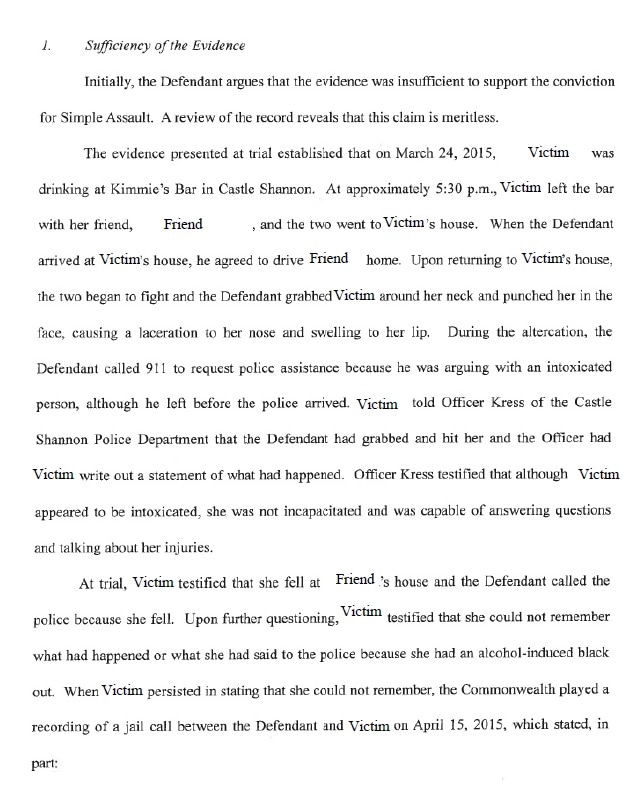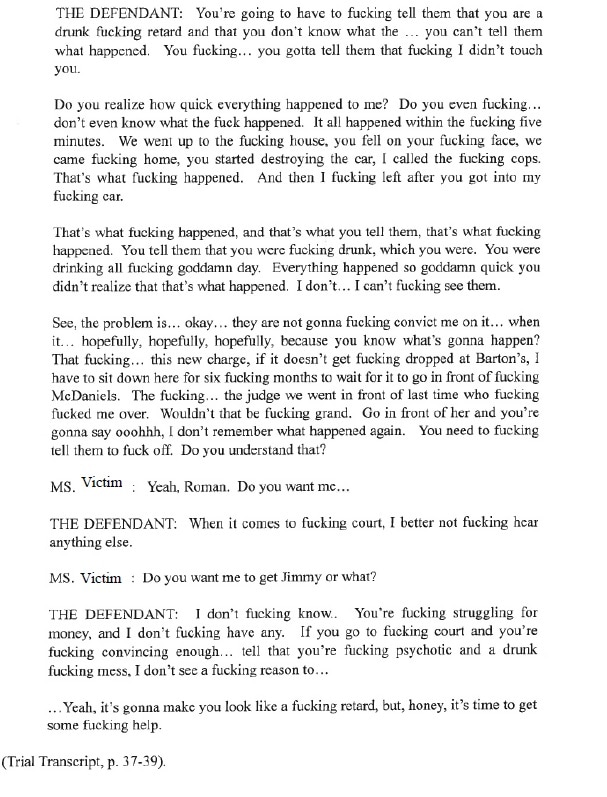 Image courtesy Oakhurst Dairy: http://www.oakhurstdairy.com
Image courtesy Oakhurst Dairy: http://www.oakhurstdairy.com How much is a comma worth? Try $10 million.
Once upon a time, there lived an obscure statute in the state of Maine. This little statute regulated a part of a very ordinary industry: employees' wages in the dairy industry. To the drafters, the statute was clear. But put it into the real world, and this tiny issue becomes a $10 million problem.
The offending section reads as follows:
Once upon a time, there lived an obscure statute in the state of Maine. This little statute regulated a part of a very ordinary industry: employees' wages in the dairy industry. To the drafters, the statute was clear. But put it into the real world, and this tiny issue becomes a $10 million problem.
The offending section reads as follows:
The canning, processing, preserving, freezing, drying, marketing, storing, packing for shipment or distribution of:
(1) Agricultural produce;
(2) Meat and fish products; and
(3) Perishable foods.
26 M.R.S.A. Sec. 664(3)(F).
The problem is that comma, or rather the lack of a comma, after "shipment" and before "or distribution". The ambiguity which formed is whether "...packing for shipment or distribution of" distinguishes "distribution" as a separate activity, or whether "distribution" is part of the activity of "packing".
The context here is what kind of employees are subject to overtime wages. Exemption F, the ambiguous section above, exempts employees who fall into Exemption F from overtime wages.
Now that the stage is set, throw in the milk delivery drivers as actors who want to take themselves out of Exemption F. Their employers, the dairy companies, are none too pleased about having to pay $10 million extra in overtime if they lose. So the drivers argue that they are not involved in "packing for shipment or distribution" and so are not part of Exemption F. The employers say their drivers are part of "distribution" as a separate activity from "packing for shipment".
The context here is what kind of employees are subject to overtime wages. Exemption F, the ambiguous section above, exempts employees who fall into Exemption F from overtime wages.
Now that the stage is set, throw in the milk delivery drivers as actors who want to take themselves out of Exemption F. Their employers, the dairy companies, are none too pleased about having to pay $10 million extra in overtime if they lose. So the drivers argue that they are not involved in "packing for shipment or distribution" and so are not part of Exemption F. The employers say their drivers are part of "distribution" as a separate activity from "packing for shipment".



 RSS Feed
RSS Feed
